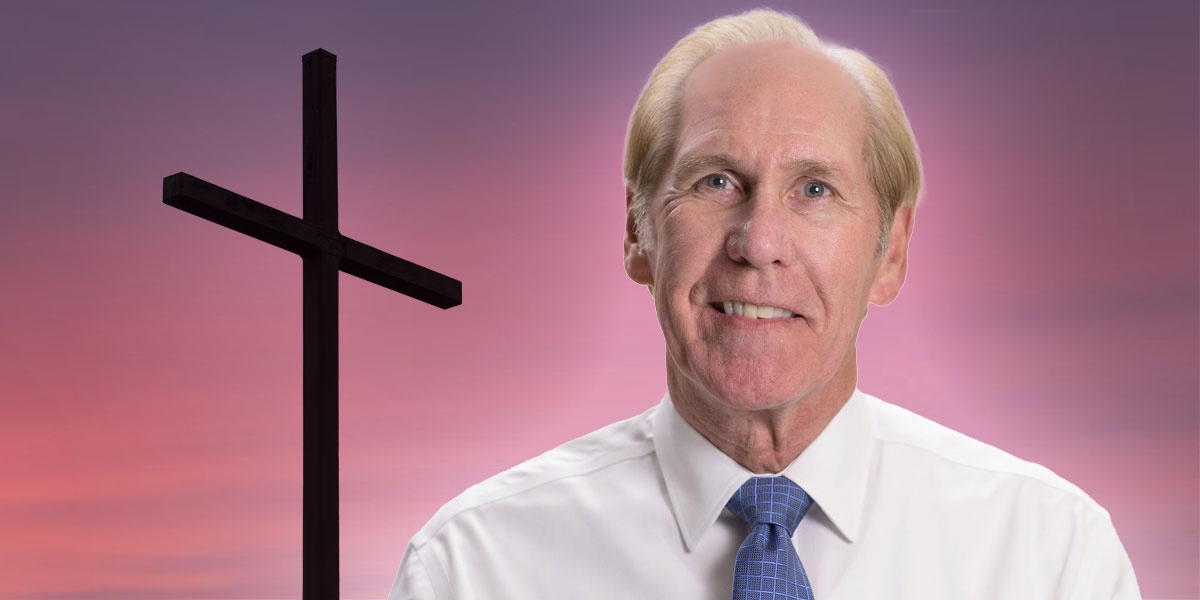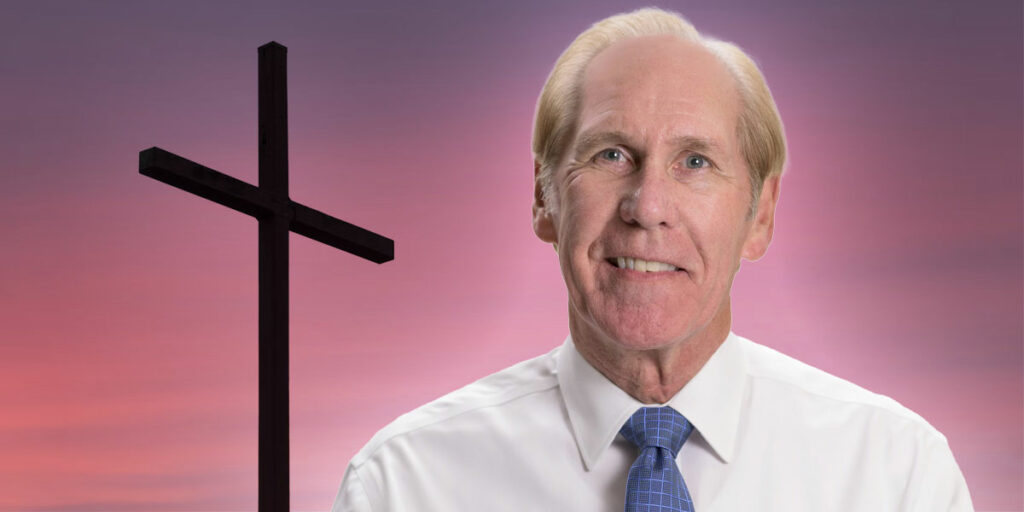Best-selling author James Patterson in his new autobiography told about being on the “Oprah” show in Chicago. He and his co-writer came to promote their latest book that contained a lot of questions they called “mostly ridiculous.” Ms. Winfrey took one of the questions and asked it of her audience: “For two million dollars, could you give up your faith?”
An audience member responded: “I couldn’t do it. My faith is too important to me. Not even for two million dollars.”
The audience applauded her commitment.
Later, Winfrey asked another question from the book: “Could you kill a stranger for two million dollars?”
The same woman responded: “For two million dollars, yes, I could. From a great distance. With a rifle.”
Patterson wrote, “We could all see why this woman needed her church.”
I suppose the moral of this story is that we can be firmly committed in one area of life and fall short in another!
Certainly this is true. I’ve known church members who loved and served their churches, but their faith didn’t make it home. Their home lives went lacking. I’ve known a couple of people in positions of trust, gifted administratively, who found ways to embezzle money. I heard a gospel singer lately who explained how his life tumbled in due to alcohol addiction he hid from the public for many years.
The Old Testament prophet Haggai thundered God’s judgment against the people of Judah. He said their moral contradiction was like a bag with holes—they thought they were making progress, but their inconsistent service to God meant they were losing things very important.
The Christian faith demands submission of every area of life. We can’t pick and choose from areas of commitment when we come to Christ. The New Testament teaches his lordship over all.
This word isn’t one we use much today and may have lost some of its impact.
Saddleback’s Rick Warren tried to use the word “CEO” to communicate this commitment, but it didn’t have the impact he’d hoped. We don’t bow before a CEO and turn our whole lives over to him or her.
But in the first-century world, lordship communicated. The Roman empire demanded affirmation from citizens that Caesar is lord. Refusal to do so meant rebellion against the state. But Christians knew a higher commitment: Christ is lord. Any many met terrible fates because they obeyed Lord Christ, not Lord Caesar.
All of us have areas of needed growth in our lives. We’ve not yet arrived. Our faith is a pilgrimage toward greater commitment to his lordship. The old hymn instructs us, “Thou and Thou only, first in my heart, High King of heaven, my treasure Thou art.” -30-
“Reflections” is a weekly faith column written by Michael J. Brooks, pastor of the Siluria Baptist Church, Alabaster, Alabama. The church’s website is siluriabaptist.com.













